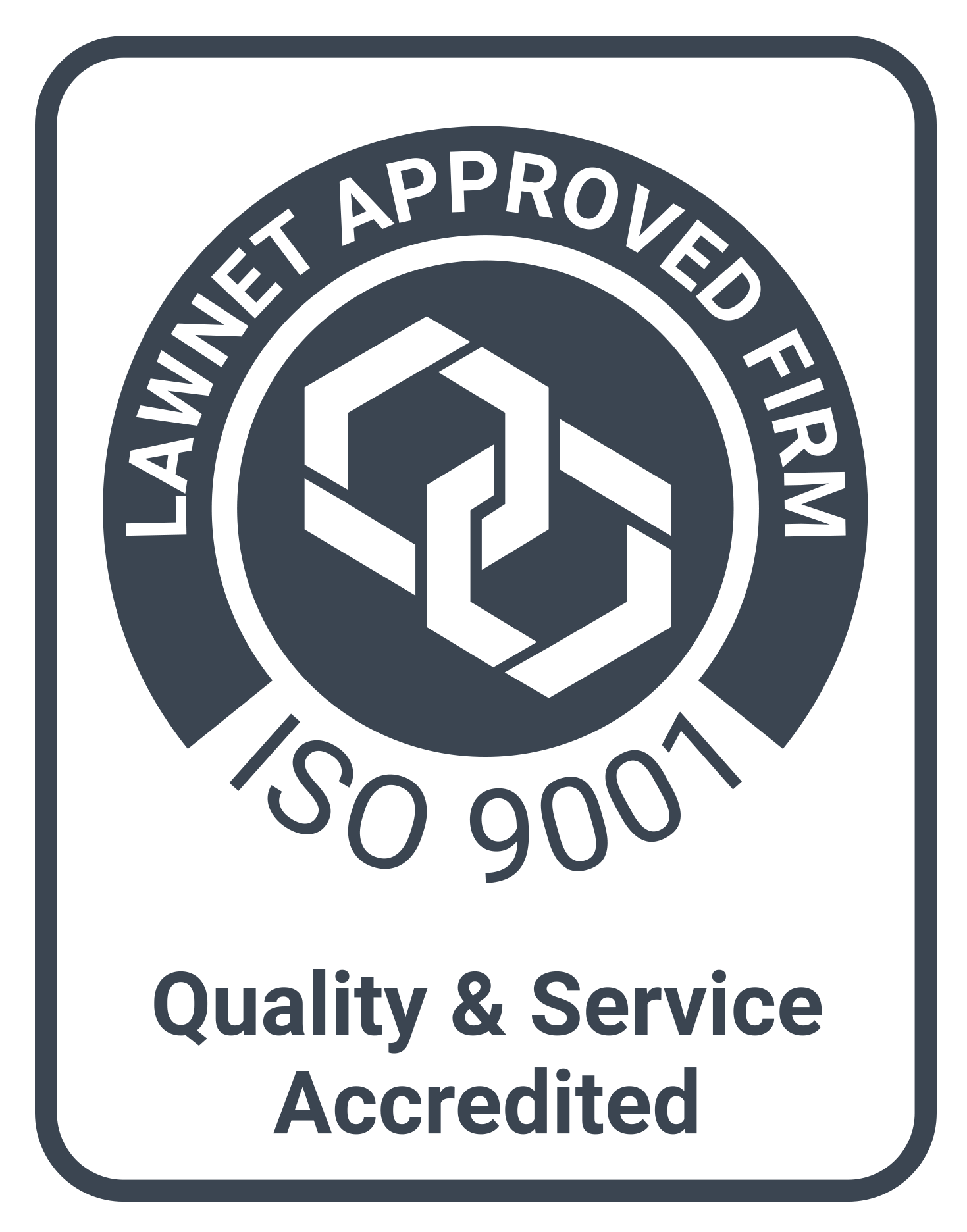The Pitfalls of DIY Probate and Estate Administration
By Adele Bebbington-Plant, Head of Wills, Trusts & Estates
 Advice if you are considering administering and estate yourself
Advice if you are considering administering and estate yourself
Every now and again, we are contacted for advice on dealing with the property, possessions and finances of someone who died some considerable time ago;
the executors (those who are responsible for administering the deceased’s estate) have found a problem and require our help to work out what steps
to take to resolve it.
Sometimes errors in the administration of an estate do not come to light until we are asked to look into another matter, such as changing the name on the
deeds of a house, or when we are asked to administer the estate of a spouse or partner, at which point it transpires that the original estate had not
been dealt with correctly.
There are also times when a lay executor (someone with no legal qualification who executes a Will) realises that something complex has gone wrong.
We would always recommend that you seek advice from a Wills Trusts & Estates specialist solicitor at the very outset. The advice which they provide
may be enough to enable you to deal with the estate yourself, and you can do so with the assurance that your planned approach is the correct one and
that you understand the terms of the Will (or the application of the intestacy rules if there is no Will in place).
We are always happy to advise at any stage; in the days just after the deceased passing, or much later. In either case, it is always better and less costly
to begin the process on the right track rather than trying to unpick what has already been done.
We can give as much or as little help as you need. We are happy to offer a free half hour consultation to assess the specifics of your matter. Often, a
little advice can save a lot of time, money and distress.
Here are just a few of the problems we encounter:
The wording on the Will looks simple but may be anything but.
Any Will needs to be correctly interpreted. A Will may be challenged if someone expects to benefit but feels that they have been left out.
If there is a disagreement between family members it will often be easier to have solicitors involved who can offer a neutral voice.
A Will may provide for tax to be paid in a certain way, using some assets before others.
Inheritance Tax
Inheritance Tax; how do you work it out and what things count towards it? How many lifetime gifts were made, and which ones are taxable and at what
rate? Can you ask the revenue to confirm that you’ve got it right?
In cases where the whole value of the estate is approaching the inheritance tax threshold then valuations will be important. They may also be important
for Capital Gains Tax purposes even if Inheritance Tax isn’t an issue, especially when those assets are sold down the line.
Have assets increased in value? If so by how much? Is an asset taxable?
Inheritance Tax and Marriage
When the first person in a marriage dies it’s important that the estate is declared correctly; otherwise there can be Inheritance tax implications
when the second person dies. For example, have lifetime gifts been declared correctly, have Inheritance tax allowances been applied where relevant.
Nil Rate Band Discretionary Trusts
If it is in the Will it must be dealt with. We have seen many cases where Nil Rate Band Discretionary Trusts have been missed, ignored or dealt with
incorrectly. Many people fail to realise that a trust is in the Will – despite the fact they are often lengthy provisions. This can have major inheritance
tax implications down the line.
Trusts are often used to save tax, protect assets or to deal with the complexities of second marriages. It is crucial to obtain specialist advice about
Nil Rate Band Discretionary Trusts or any Trust in a Will – it may not be until much later that someone realises that an opportunity has passed to
protect cash or homes from inheritance tax, nursing home fees or simply human nature.
If the trustees decide that they do not want to have a trust at all, this is often best to be dealt with inside two years of the death to protect inheritance
tax allowances. Again, advice at the outset is important.
Deed of Variation
Deeds of variation are a unique tax planning tool and families will
often make a Deed of Variation to pass on their inheritance to the next generation. A Deed of Variation must be made within two years of the date of
death and it enables beneficiaries to pass on gifts or part of a gift such as money, property etc. to others. It writes the gift back to the deceased,
meaning that the original beneficiary does not have to survive the gift by 7 years for it to fall outside of their personal estate for Inheritance
tax purposes. A deed of variation can be used to ensure that a beneficiary’s own estate remains under the inheritance tax threshold or to minimise
their Inheritance tax liability.
The problems we have seen in relation to Deeds of variation are twofold. Firstly, a valuable tax planning opportunity can be missed if a deed of variation
is not carried out within the two year period.
Secondly, we have encountered estates where a deed of variation has been made in one estate and then on a subsequent death the deed of variation has been
missed or misunderstood. Sometimes HM Revenue and Customs need to be aware of what’s been done at the time of making the deed of variation or on a
subsequent death. There can be tax implications or benefits for not only the estate where the deed of variation took place, but also a subsequent estate.
If a Deed of Variation is already in place, a solicitor can ensure that you are applying it correctly and dealing with the Inheritance tax implications
appropriately.
Businesses/Agriculture and tax relief
What tax needs paying and when? Is any of it avoidable? Have you paid everything that’s due, obtained reliefs where appropriate or saved up a problem
for later?
Do you need a Grant of Probate?
We have encountered estates where it was thought that a grant was not needed, and it transpired many years later that it was. If you think you don’t
need a Grant of Probate, we can help you be certain that everything has been dealt with now, saving you from potentially complex legal issues later.
For more information or help and advice on a probate matter, contact a member of our Wills, Trusts & Estates Department on 01244 356 789 or email info@cullimoredutton.co.uk
Please note: This is not legal advice; it is intended to provide information of general interest about current legal issues.


